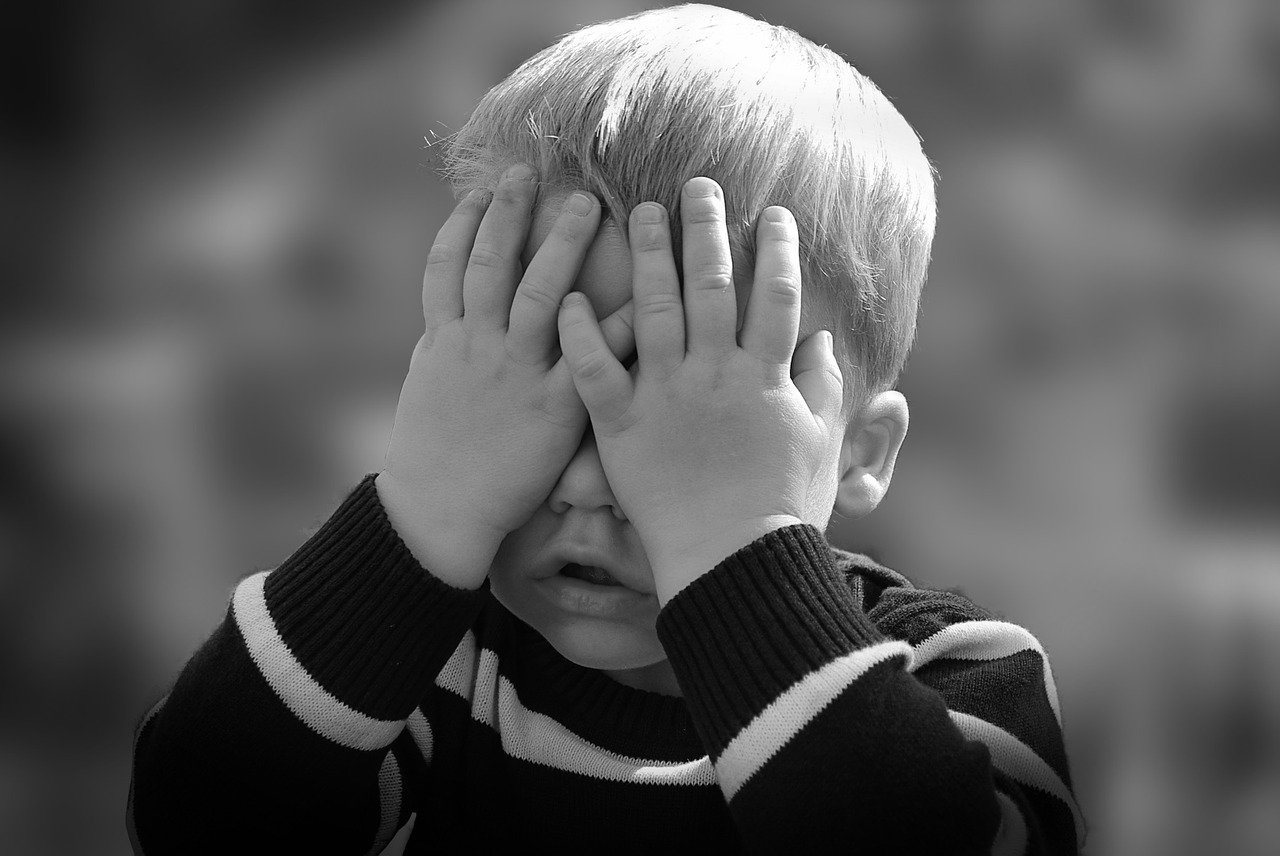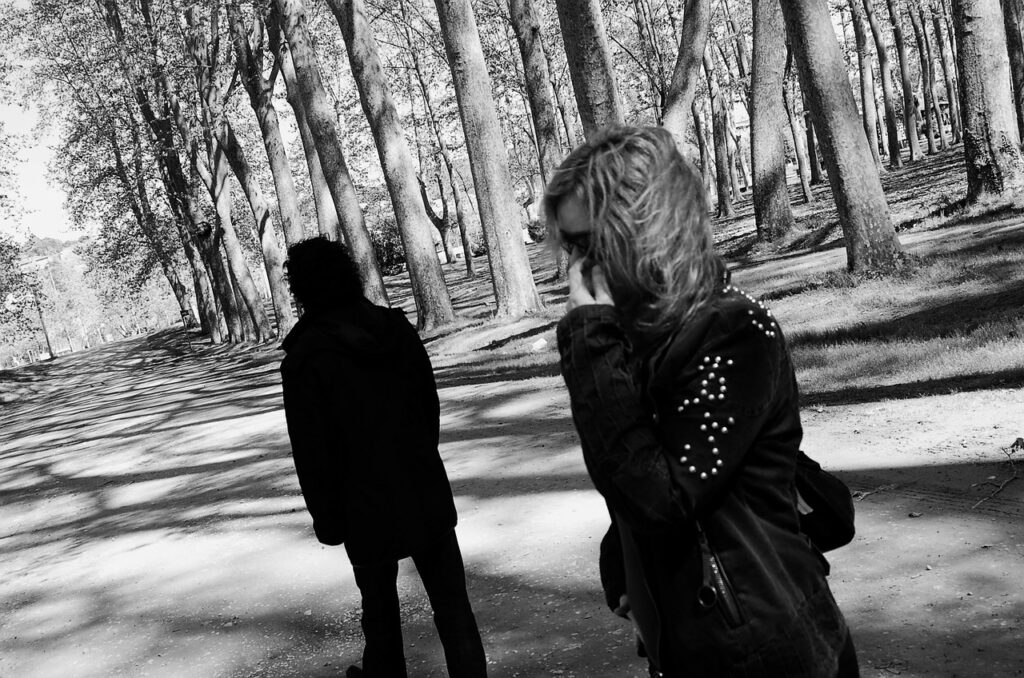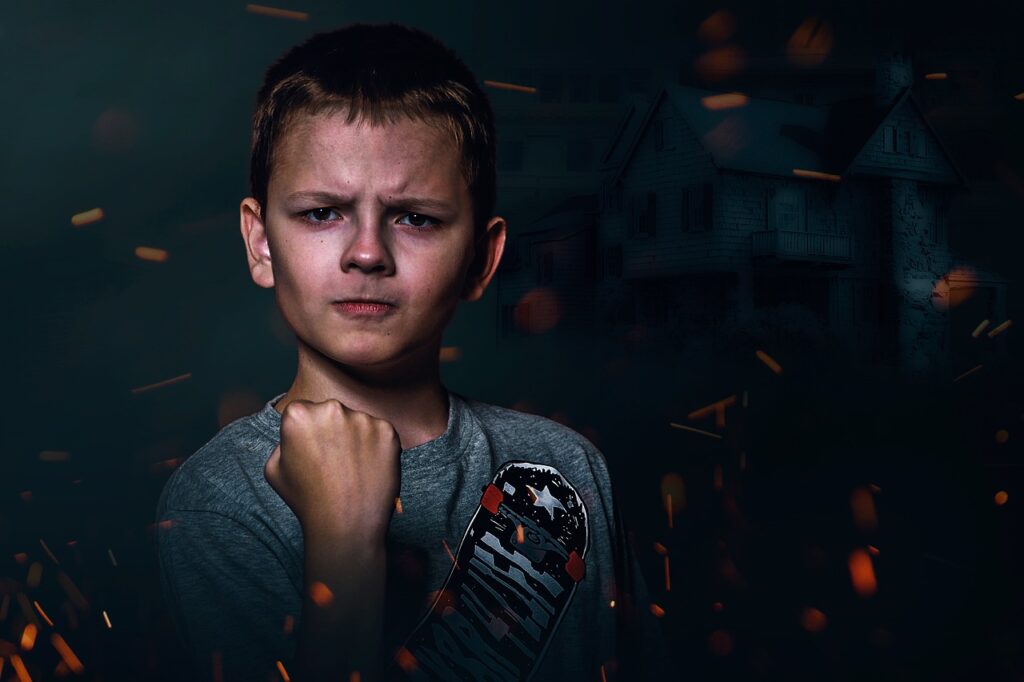Why you should train
A letter written to the U-16 boy’s rugby team pre season and mid pandemic 2020
“Firstly, congratulations on deciding to play rugby. It’s the greatest team sport in the world. You’ll learn more from playing rugby in your life than almost anything else, meet the finest people, visit the best places to play and watch it, get jobs through it and make memories soccer players can only dream about ;0).
Teamwork, victory, defeat, pain, fun, drama, resilience, motivation, friendship. The rugby family will look after you if you look after it.
Your season starts soon. Here are some thoughts.
Well done for pre-season. Well done for attending on Wednesday night and keeping fit during lockdown. Well done for stepping up to train. Now it’s time to raise our game…….
Keeping fit will enable you as a player and a team to not just have a good season but have the best season you can possibly have regardless of the skills and effort of the team or the opposition. You can never leave a pitch not feeling satisfied if you have trained hard and left everything on the pitch.

Why should you train daily?
You have one body in your life and it’s capable of incredible things. Don’t be that middle aged guy in the pub with a beer belly. Don’t let your teammates down as you puff around the park to the breakdown, don’t wince in the tackle, but be that guy that gets back to help out your full back, hits hard and low and pushes for that line with 5 mins to go or chases down that kick when everyone else has their hands on their knees waiting for the final whistle.
So forget Wednesday. This about Monday, Tuesday, Wednesday, Thursday, Friday, Saturday and Sunday. Everyday is about fitness, about Saturday, the whole season and it’s about the self discipline you need to move through life as the best version of yourself. Fit, strong, resilient and part of a team that all share the same motivations, values and ethos. You train for yourself, you train for your life and you train for your team.
So, starting asap, try to build a minimum of 30 mins of exercise into each day including
- Weights and strength training 1-2 times a week (use whatever you have in the garden or buy some barbells and dumbbells) say do it Monday and Thursday for reps for 30 minutes each time minimum. Read this blog on why weightlifting is good for you.
- One slow jog ( or walk) for at least 5km per week + (Weekend with the family maybe)
- 1 session of 30 mins of 20 metre shuttle run (Basically beep tests) starting slowly and ending at full speed until failure. This will build speed and endurance. Take a 5 min break between sets (Monday is best for this)
- Wednesday night training – now 90 mins long from next week
- Do some Yoga or deep stretching for 15 mins daily at any time
- Try and find another sport like tennis, cycling or swimming and do once a week (even play football if you must.
- Eat as well as you can and get your sleep in
Once you start thinking of training as part of your daily routine it will simply become a way of life, you’ll feel better, look better, your confidence will grow and most importantly even when you don’t win or suffer setbacks you’ll be satisfied that you and the team gave it 110%. It’s important to build functional fitness and that’s why varying your activity is so crucial in life.
That’s why training and rugby is for life.
Even when you stop playing the character remains.
Good luck !”

Image by Sasin Tipchai





